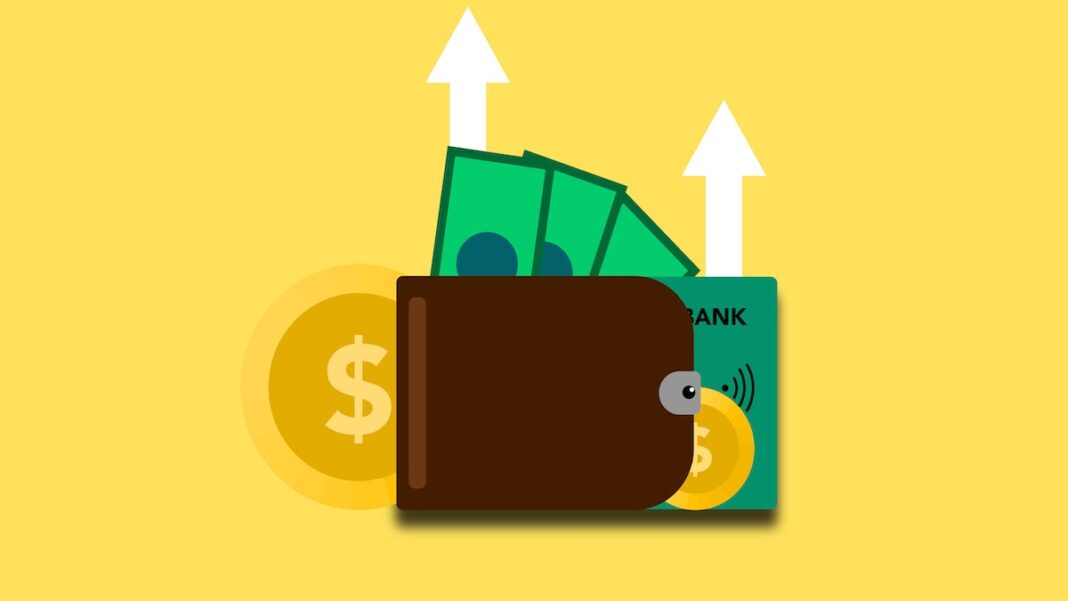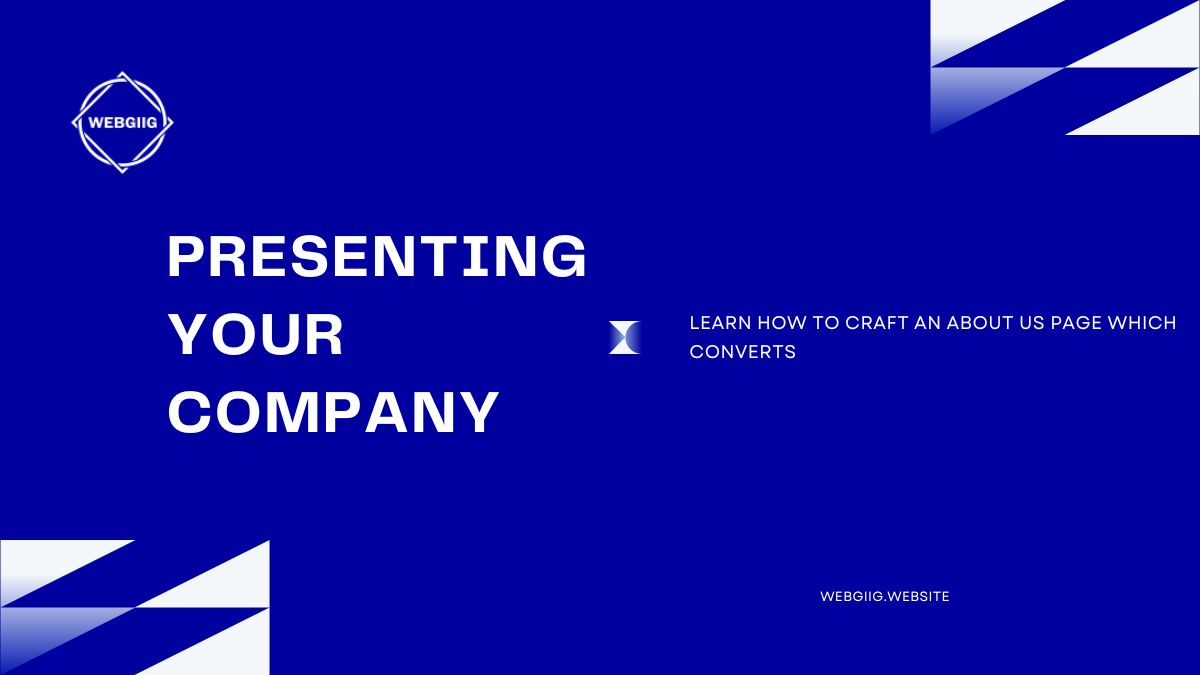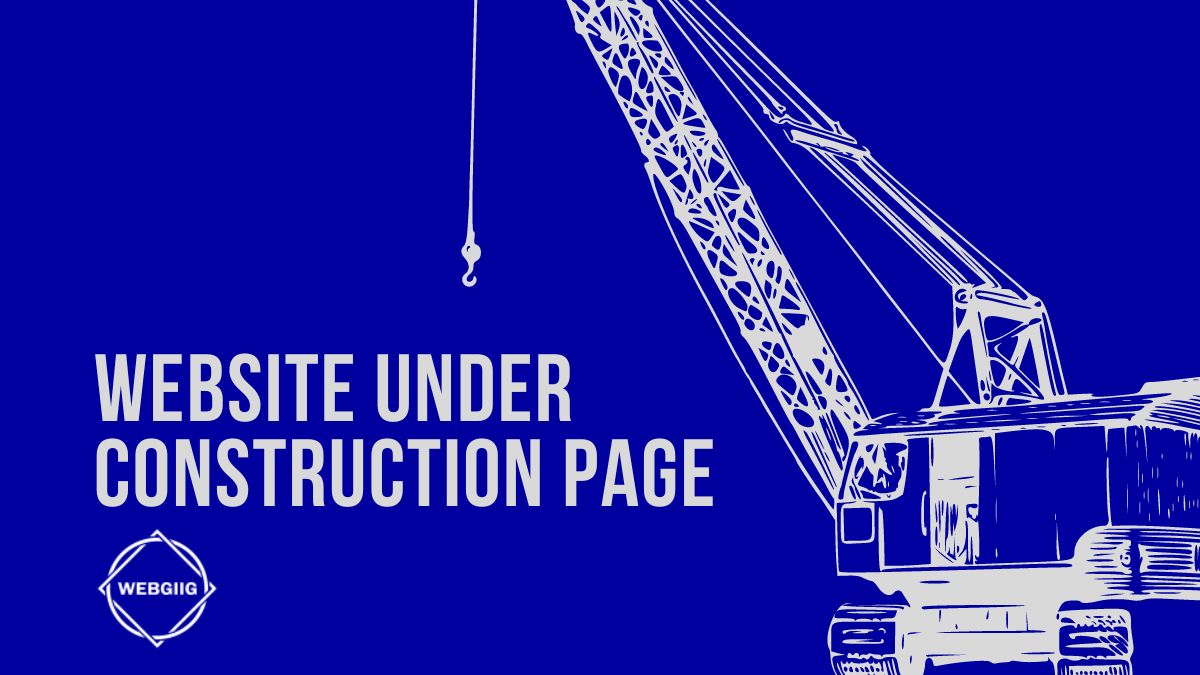You have a clear idea of how your website should look, but do you know what costs are involved? If you check within your professional network or circle of acquaintances, you will get a wide variety of answers, from “apart from hosting and domain, it cost me nothing” to “We invested five figures”.
In this article, we offer you an overview of the costs that you will need to calculate, depending on the type of website you have in mind, the time and know-how you already have.
The prices of a website: types of sites and choice factors
Blogs, landing pages, online shops, websites take very diverse forms. Choosing the right type of website for your needs depends on your business or project. Not only do the types of websites differ in their structure, but also in the technical effort required for development and maintenance, thus, will have an impact on the budget you will need for your project.
1. Landing page: In order to publish a page online, you don’t necessarily need any programming knowledge. Whether you want to use a simple sales page or create an informative homepage, the price of the website and the technical level are low. A website building kit will be sufficient. As long as there are interfaces with email marketing systems, postal addresses can also be collected, and sales generated by passing them on to shop systems.
Difficulty level: easy
2. Portfolio: If you want to showcase your creative work online, you may be limited by website building kits because you want to further customize the design or add new content easily. In this case, using CMS systems such as WordPress or TYPO3 will be a great choice.
Difficulty level: easy
3. Blog/Magazine: Anyone who wants to regularly publish new content on their website, who values creative design, who collects their readers’ email addresses, and who eventually wants to sell individual products will not be satisfied with modular systems. A CMS is then the best choice. However, you will often need to customize certain elements, the implementation of which requires programming skills.
Level of difficulty: medium
4. Microsite: Creating interactive websites on a niche topic and creating unusual designs requires developer skills. Microsites are usually programmed individually in their entirety or partially. As a non-developer, you will definitely need to hire professionals, whether they are freelancers or work within an agency.
Level of difficulty: medium
5. Company site: You can create a very simple business site using a modular system, without touching a line of code. But if you have higher requirements, custom development is usually the best solution. The degree of difficulty of implementation increases especially with multilingual websites, pages with dynamic content and integrated applications.
Level of difficulty: variable
6. Online shop: A simple online shop can be set up with modular systems. Large online shops with wider product ranges are technically challenging projects due to the ordering and payment processes that need to be integrated. In addition, costs for payment solutions and shipping costs must be taken into account.
Level of difficulty: medium to high
7. Web application: Online applications are the ultimate web development projects. Depending on the range of functionalities, it is possible to spend up to six figures for the price of the website if the programming is fully customized. These projects can only be managed by a competent agency or freelance team, provided they have their own project management skills.
Difficulty level: High
In addition to the financial cost, what level of effort and personal investment should be expected?
In addition to the type of website, three other factors which determine the budget for your online project: time, money and know-how.
The figure climbs as follows: the more money you have at your disposal, the less know-how and time you need to build your website. In other words, you can easily compensate for the lack of knowledge and time if you have good financial means.

But if you want to develop a website and keep costs as low as possible, you’ll have two other options: either you invest more time in the project in order to acquire the necessary knowledge and take on as many tasks as possible, or you already have a lot of know-how, so you have to spend less on the help of experts.
What are the best solutions for your project?
We have already briefly explained above the technical possibilities of implementing a website project:
- Modular system
- Content Management System (CMS)
- Custom programming
- Web design service
With the first two options, you can also publish a website without coding. While with the last two options, you’ll often work with agencies or service providers.
In order to help you choose either of these approaches, here’s an overview of the pros and cons of each solution.
Modular system
For many simple websites, a modular website system is quite sufficient. Blogs, portfolios, small business sites, all websites can be made without the help of developers.
There are different providers on the market, but the principle of a modular system is always the same: the user can choose from different design patterns, adapt the elements of the page and create his own content via a WYSIWYG editor. Depending on the price chosen, you have more or less customization possibilities. In most cases, search engine optimization features are built in or can be added.
Many providers equally support domain hosting and integrate a domain name with a matching email address, so you don’t have to worry about these technical details.
The quality of these modular systems is very variable, especially in terms of user-friendliness and adaptability of models, and customer support. So you should take advantage of the free trial periods offered by most companies in order to check for yourself if you can get along with the app and implement your ideas.
| Benefits | Disadvantages |
|---|---|
| Professional results for simple websites and online shops | Design is not always easy to adapt / visual quality is often standard |
| Fast website creation with templates | Advanced features often can’t be mapped |
| No programming knowledge is required | Not suitable for complex websites |
| Low costs |
Content Management System (CMS)
Many users switch from modular systems to CMS after a while.
CMSs also offer a graphical user interface and many templates, along with greater design freedom. There are plugins for almost everything, so non-IT specialists can, to a large extent, get by without professional assistance. Even simple online shops can be put online without outside help.

One downside: plugins can incur high running costs (cost per plugin or per plan), and negatively impact website performance.
For major customizations or an initial configuration, it is worth consulting a developer who will write the changes permanently in the code. These custom programming is not possible with construction kits.
Another advantage of CMS is that they are better suited if projects are at scale and if needs and traffic increase rapidly.
If you decide to use a CMS, you’ll need to be in contact with an IT service provider, because unlike modular systems, a technical problem may arise sooner or later.
You also need to take care of hosting and registering the domain yourself.
For hosting, it may cost you about $50 per year, while the registration of a domain name may cost up to $20 per year. The CMS itself has no additional costs if you use an open-source solution like WordPress or TYPO3.

| Benefits | Disadvantages |
|---|---|
| Great possibility of customization | No support |
| Costs can be flexibly designed | Familiarization needed for beginners |
| Free choice of host | Required technical know-how and/or cooperation with service providers |
| The CMS evolves according to the successes and needs of companies |
Webdesign agency and freelancers
This is probably the most practical solution, which allows you to have the site developed by professionals according to your specifications. However, this variant is also the most expensive. But for the complex requirements of online shops or web applications, this is the only professional approach.
If you want to have a website created and save money, then you have the option of working with independent service providers: a web designer for the design of the interfaces and a programmer for the functionalities of the website. In this case, however, you must have experience in project management or have knowledge of usability and user experience yourself, so that the website not only works technically, but also convinces users.
If you want more advice, it is better to contact an agency. There, designers, programmers and project managers work together. They take care of your needs, show you what is possible and useful, and coordinate the different stages of work so that you can get your results as quickly as possible.
How much does a website you order from professionals cost? The investment can quickly reach a five-figure value. Therefore, make sure that your online project is based on accurate market analysis and has a solid chance of success.
Planning to develop a web application? The price of a website of this quality can quickly reach high sums. You should only engage in such an entrepreneurial investment after a thorough review of the economic viability of your project, detailed financial planning and critical selection of your service providers.
Here too, in addition to the website development costs, there are additional running costs for the domain and hosting. If you want to host it on a virtual private server you should expect to pay about $30 per month.

| Benefits | Disadvantages |
|---|---|
| Highly personalized results | High costs |
| Quick completion |
Web Design Services
Aside from web design agencies, you equally have access to web design services. Here, too, you’ll work with experts who’ll help you achieve personalized goals.
The advantage of this solution is: the design and hosting offer (often including the domain and SSL certificate) come from the same provider. This can especially make a difference when it comes to maintenance and support.
With a web design service, you opt for a mix of one-on-one consulting and website creation. You can count on the help of experts and get a very good result without having to invest a lot of time or money for the design. However, you choose your template from a variety of templates and let the experts adapt them as needed. So you can get professional help while paying only a fraction of the price of a web design agency.
| Benefits | Disadvantages |
|---|---|
| Expert advice | Slightly higher costs compared to modular system and CMS |
| Often available in combination with an accommodation package | Not completely customizable |
| Large number of models for design |
How much does a website cost? Factors to consider
It is not possible to give a general answer to this question. The spectrum ranges from 5 to $100000. We hope that our overview has given you an idea of the budget you should plan for your particular case or possible technical solutions.
When planning your finances, you should also consider the fact that additional indirect costs could be incurred during the process. For example, does your company have a professional corporate identity? If you don’t want to design a logo yourself using an online tool, there will be a cost to a designer.
Once your website is online, it needs to be maintained regularly. Updates must be installed, security holes must be closed, and new legal requirements must be implemented. You need to plan for these follow-up costs. If this service is not integrated into your modular system, you must consider the costs of service providers.
Finally, you may want to advertise your website so that your target audience discover its existence. Depending on the strategy you adopt, different costs corresponding to advertising – for example Google Ads and advertising on social media – to technical specificities, content for your search engine optimization, emailing, etc., can emerge.
Price of a website: comparison according to the different options
The cost of a website therefore depends a lot on your requirements and how you want to implement the project. The more time and expertise you put into it, the less expensive it will be to implement.
| Level of difficulty | Benefits | Disadvantages | Price level | |
|---|---|---|---|---|
| Programming yourself | Difficult | – total control – individual modification – no design costs | – requires a lot of know-how- Hosting, domain and SSL certificate must be reserved in addition | From $10 per month |
| Content Management System | Medium to difficult | – a lot of control – often open source – no knowledge of HTML or CSS is required | – not all wishes can be fulfilled- Hosting, domain and SSL certificate must be booked in addition | From $10 per month (much more with premium plugins) |
| Modular system | Easy to medium | – no programming knowledge is required- very fast implementation- Hosting, domain and SSL certificate often included | – little technical control – offers less scope for customization | From $10 per month |
| Webdesign agency/freelancers | Easy | – possibility of complete individualization- no know-how required- cooperation with experts | – very high costs- only suitable for professional and ambitious projects- subsequent changes are only possible to a limited extent and at a high cost | From $5000 (payable in one go, plus maintenance costs) |
| Web design Service | Easy | – lots of individualization possibilities – quickly achievable – often available, including hosting, domain and SSL certificate- also useful for small projects- cooperation with experts | – relatively high costs compared to the modular system and CMS – subsequent modifications are only possible with restrictions | From $40 per month |






